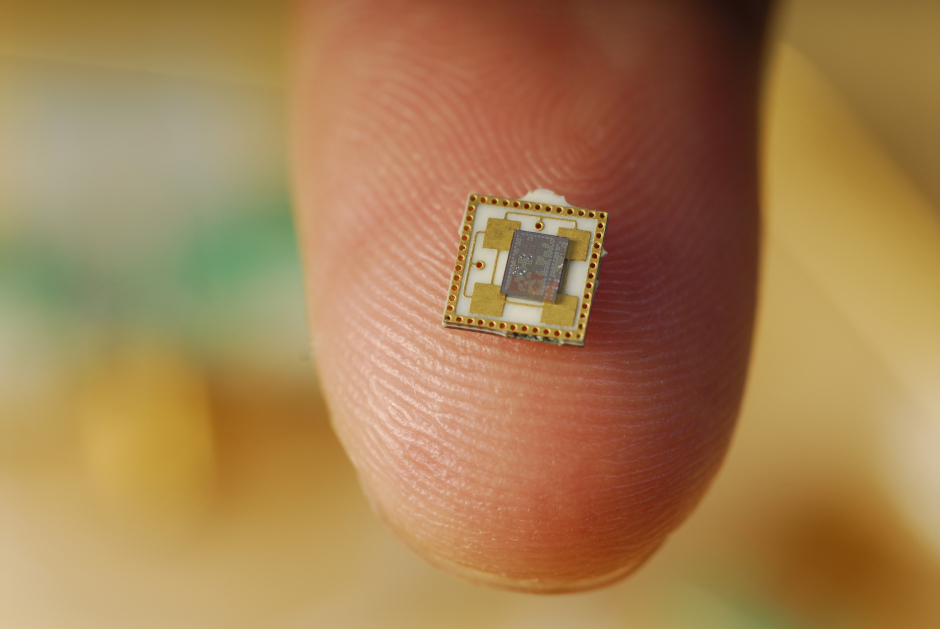Samsung has reportedly completed development of the process required to build 7nm chips. It is now said to be preparing to begin production of these chips on the S3 line at its Hwaseong plant. According to Sedaily, work was finished on the 7nm process last month and the engineers responsible have begun to work on the 5nm process.
The report says that Samsung has shared the design database necessary for sample production with potential customers, including Qualcomm. The upcoming Snapdragon 855 will be reportedly produced using Samsung’s 7nm line and that production will begin at the end of this year or, at the latest, early next year.
The Snapdragon 855 will be 5G-capable, and, apparently, 40 percent faster and require 35 percent less battery power to operate than existing chips. It is expected that the Galaxy S10 will be among the first phones to use this chip.
The Galaxy S9 uses the Snapdragon 845 or the Exynos 9810 chipsets, depending on where it was purchased. Both these chipsets were built using a 10nm process.
When used in relation to chips, nm refers to the half-pitch measurement of nodes in a chip. The closer these nodes are together, the denser the processor. This allows chips with a smaller half-pitch measurement to be faster while using less power. The slimmer chip can also help make room for larger batteries or devices with slimmer designs.
Naturally, 7nm chipsets are more difficult and more expensive to produce than larger sizes. However, Samsung has been investing billions in facilities that could be used to construct 7nm chipsets.












